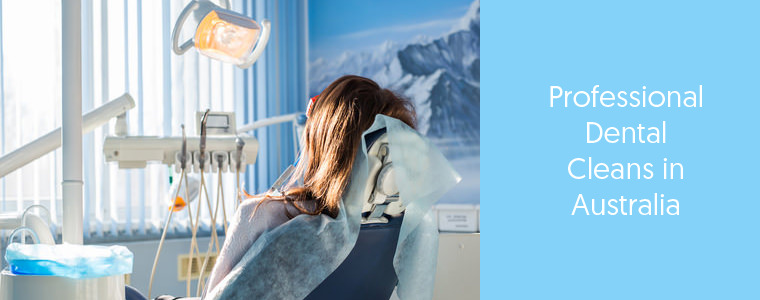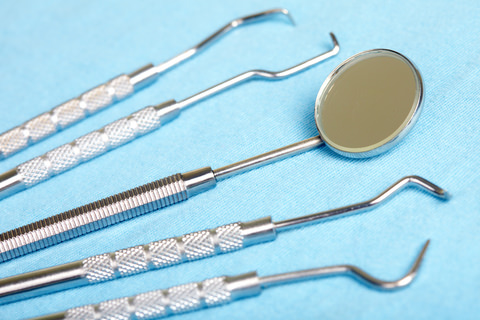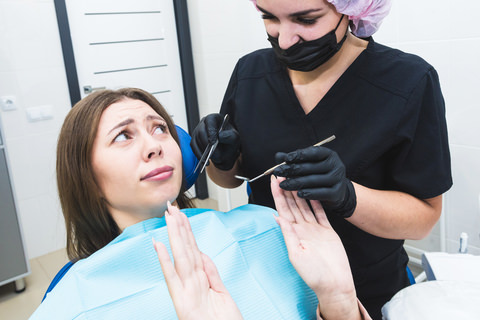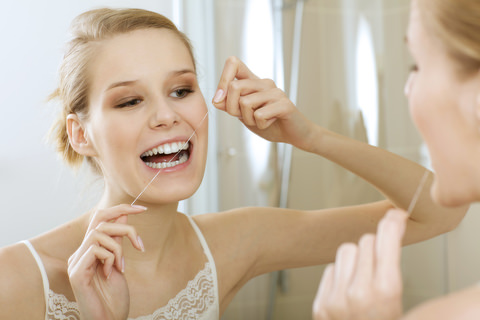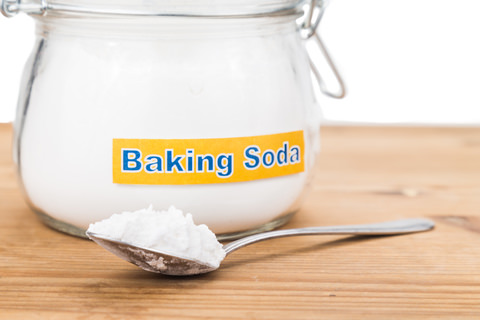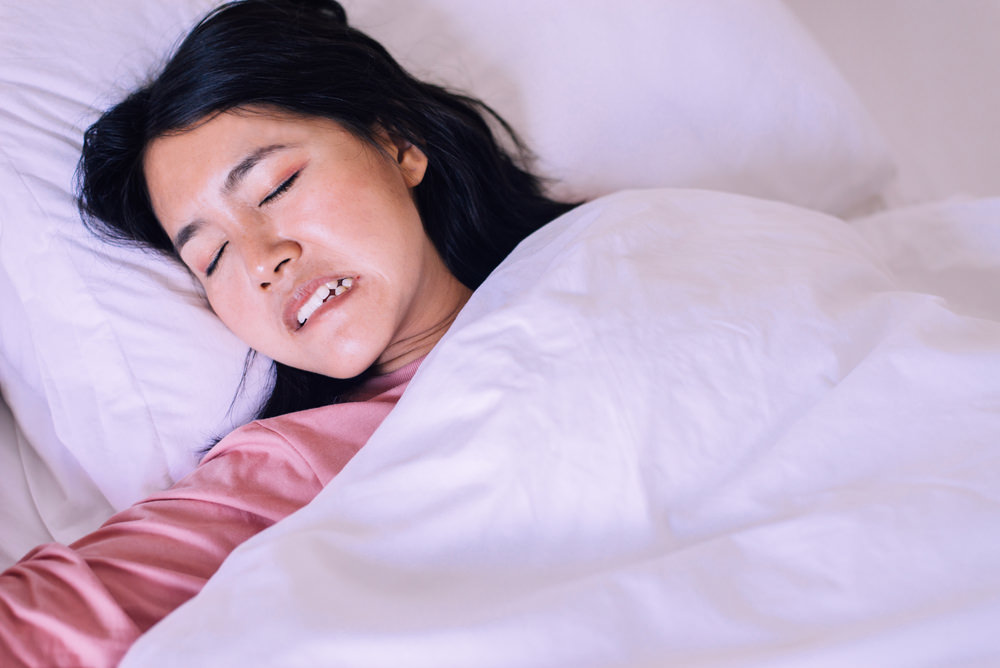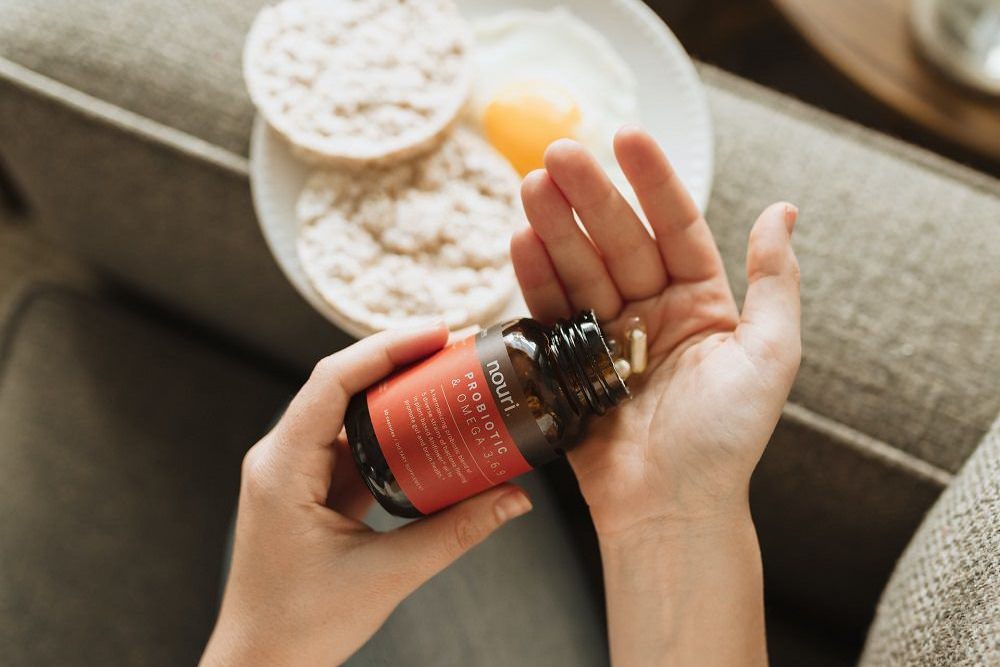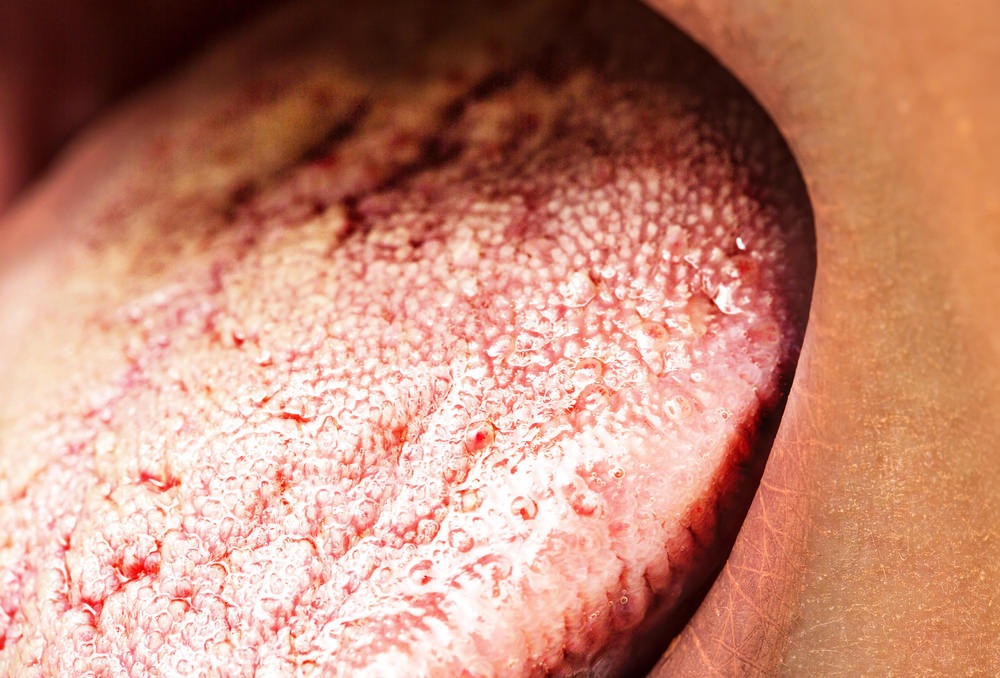What is a Professional Dental Clean?
A professional dental clean is a procedure undertaken by your dentist or dental hygienist in which they use professional equipment to rid your teeth and gums of plaque and tartar build up.
It is important to visit your dentist for a cleaning at least once every six months, or more often if recommended by your dentist.
You may feel plaque or tartar build-up on your teeth, a slimy layer that covers the tooth and can develop into a greater dental problem later on.
It is caused by the bacteria we have in our mouth already and can progress into a more serious problem, such as gum disease, cavities and bad breath.
Why Should You Get a Dental Clean Every 6 Months?
The short answer is, you need to keep up with your oral hygiene needs.
Make sure that you get a cleaning once every six months, or as regularly as your dentist recommends.
If you are prone to dental conditions like gingivitis, you may need to go more often to keep this under control.
There are additional reasons for getting a checkup and cleaning twice a year, and this includes checking for oral cancers and other increasingly common conditions that can arise.
What Tools do Dentists use for a Dental Clean?
In order to avoid damage to the teeth and gums, dentists and dental hygienists use specialised equipment specifically designed for this purpose.
All instruments will be sterilised and disinfected after each use to ensure that they are safe to use and give you the best experience and results.
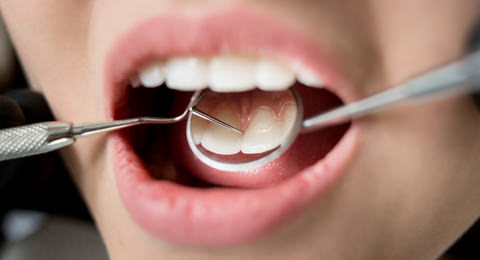
A dental mirror is a very handy instrument for a Dentist
A dental mirror, a common instrument used at the dentist, is utilised in order for your dentist to see those hard to reach areas and inspect them for additional plaque and tartar build-up as well as gum swelling and inflammation.
The first cleaning tool used is generally the ultrasonic instrument, which uses vibrations to dislodge larger pieces of tartar.
It will also spray water to wash away any loosened debris from your mouth.
Your dentist will then switch to a finer, handheld instrument called a curette or scaler.
These are designed to remove smaller deposits of debris and smooth the outer surface.
Each tooth is cleaned individually to make sure that all tartar is eliminated.
Now, the teeth are polished with another dental instrument.
The tips spin against your tooth and polish it with a toothpaste-like substance that is abrasive and acts to polish and rid the enamel layer of any plaque remnants.
In some cases, a fluoride solution may be applied in order to strengthen the teeth and protect them against the future build-up of tartar and plaque.
Do Dental Cleans Hurt?
Generally speaking, no.
Professional teeth cleaning by your dentist should not be painful.
If you do experience any form of pain, then let your dentist or dental hygienist know.
There may be underlying issues, such as a form of gum disease or unseen cavity, that is causing the discomfort.
The tools used in professional cleaning are manufactured so that they cause as little irritation to the teeth and gums as possible.
How Can You Continue to Keep Your Teeth Clean?
After your professional dental clean, your dentist or dental hygienist will go over some ways in which you can maintain good dental hygiene and keep your teeth clean until your next visit.
Tips would include regular brushing, generally twice a day, but there is another way in which we can ensure a healthy smile for future appointments.
Regular flossing or the use of interdental brushes after brushing will help to remove stubborn plaque and tartar buildup in and around your teeth.
Floss can get to places where brushing just can not, so including this in your daily dental routine is important to preserve your clean teeth.
I personally like to floss before I brush, it leaves me with a nice clean feeling.
The use of mouthwash is a step that you can take to freshen your mouth.
It will kill some of the additional bad bacteria that are lurking in hard to reach places, like under the tongue.
Gargle to ensure you reach as far as possible to the back of your throat. Just don’t swallow the mouthwash!
Lifestyle Changes to Help Dental Hygiene
There are some lifestyle changes you can make in order to keep your teeth clean while also maintaining good oral health overall.
This includes cutting down on sugary food, quitting smoking, stop drinking fizzy drinks and avoid sugary chewing gums.
Some of these may be obvious, but when you take these tips on board you will certainly see and feel the difference.
All of these changes can help to reduce plaque and tartar buildup from bacteria that live inside our mouths.
In turn, they will keep your teeth and gums healthy leading up to your next professional cleaning.
Is a Clean by a Dentist Better than a Dental Hygienist?
Dental hygienists are trained in professional dental cleanings and general overall dental health.
They are knowledgable about how to care for and clean your teeth and in that respect, they are trained just as well as a dentist to perform a cleaning.
There is very little difference between the cleaning procedure when performed by a dental hygienist if any.
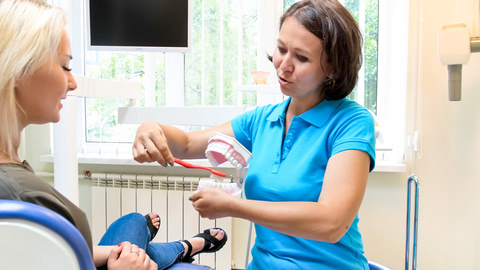
A Hygienist showing a patient how to brush
They have access to the same tools and same assistance during the process so there is virtually not a better or worse option when choosing between the two.
What separates a Hygienist to a Dentist is their training and knowledge.
A dentist will have much more understanding of dental matters and will identify areas of concern and treatment them accordingly.
Home Remedies for Cleaning Your Teeth
There are some talked about remedies which can help you to clean your teeth at home.
Baking Soda
One of the most tried ways in which you can clean your teeth at home is by the use of baking soda.
All you need is one table of baking soda mixed with a pinch of salt.
With a damp toothbrush, dip the bristles into the mixture and use it to brush. Make sure you rinse thoroughly afterwards.
Aloe Vera
Aloe vera has also become known for its plaque preventing properties.
For this method, you just need to mix a teaspoon of aloe vera gel with one cup of water and half a cup of baking soda.
To this add some lemon essential oil and four tablespoons of vegetable glycerine.
Dip in your toothbrush and scrub your teeth with this mixture before bed for a fresh mouth in the morning.
Orange Peel and Fruits
Rubbing an orange peel across your teeth can also be helpful, as it will deter tartar building microorganisms from forming on your teeth enamel.
While on this point, eating lots of fruit and vegetables may seem obvious, but it will also assist in maintaining healthy teeth and gums.
Sesame seeds can be utilised as an active dental scrub, gently removing the build-up of plaque and tartar without damaging the tooth enamel on the outside.
Figs are also beneficial for fighting the bacteria that form on your teeth.
A thought on Home Remedies
All these remedies should not be used in place of a professional dental clean or a solid, consistent cleaning routine.
They do provide a small clean advantage but it is very slight.
Do Each of these Remedies Work as Well?
Home remedies have existed for centuries, however, none of these methods matches the effectiveness of professional cleaning or even the perceptions of modern dental hygiene.
The best way to keep your mouth healthy, along with seeing your dentist every six months for a cleaning, is to practice good oral hygiene.
Flossing is one of the most important aspects as it can rid you of plaque and tartar build up that a toothbrush can just not reach.
You may wish to try some of the methods listed above, and you may even find one that works for you.
But do not regress on your oral hygiene practices as these have been proven to lead to a healthier mouth for the long term.
Conclusion
Although it is not a necessity, it is recommended that you get your teeth cleaned twice a year.
It has many positive benefits for your oral health, from making sure bacteria inducing plaque is removed to identifying serious dental conditions early.
The good thing is you can control much of this in between cleanings, by utilising brushing and flossing to keep your dental hygiene on track.
Just remember, regular cleaning and check-ups help to maintain good oral health and catch issues before they become a greater and more expensive problem.
How many times do you see your Dentist or Dental Hygienist in a year?
By Dr. V
Created at May 08, 2019, Updated at January 25, 2025


